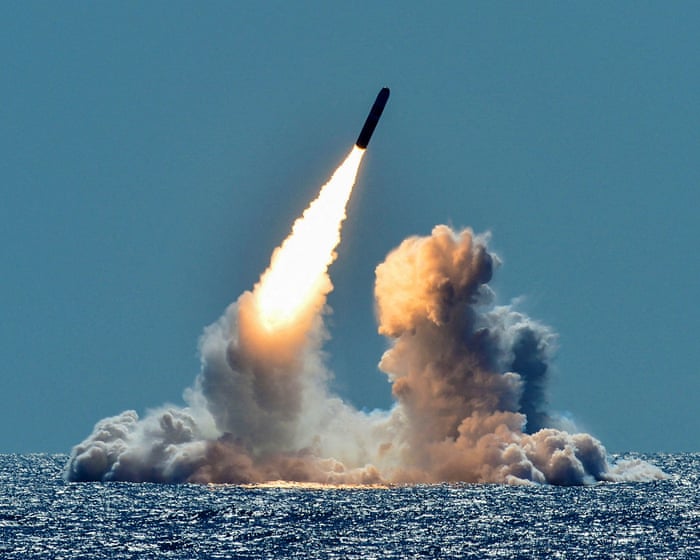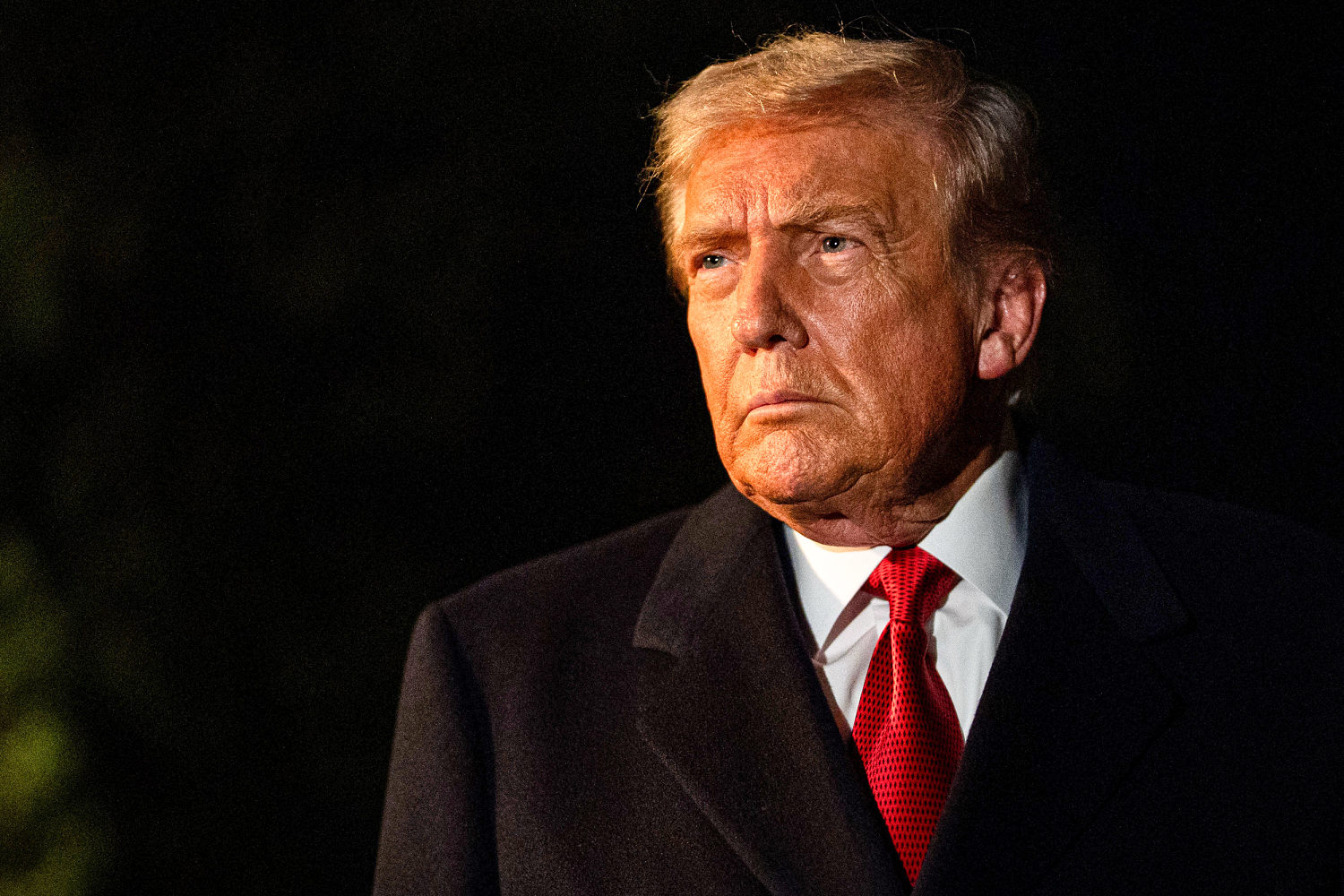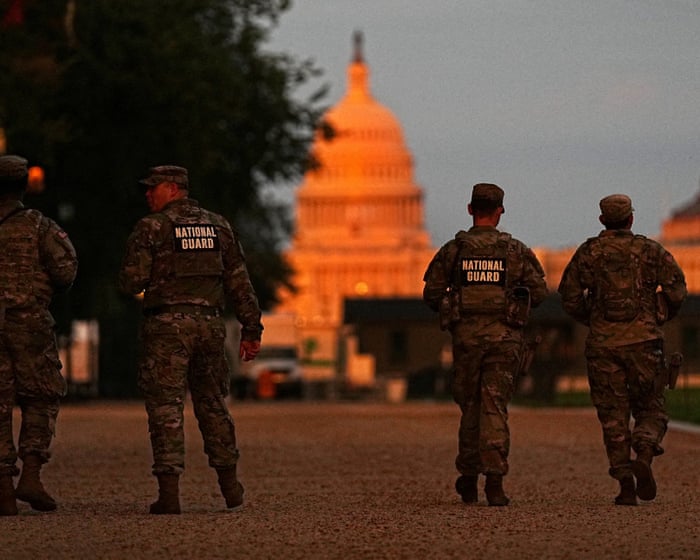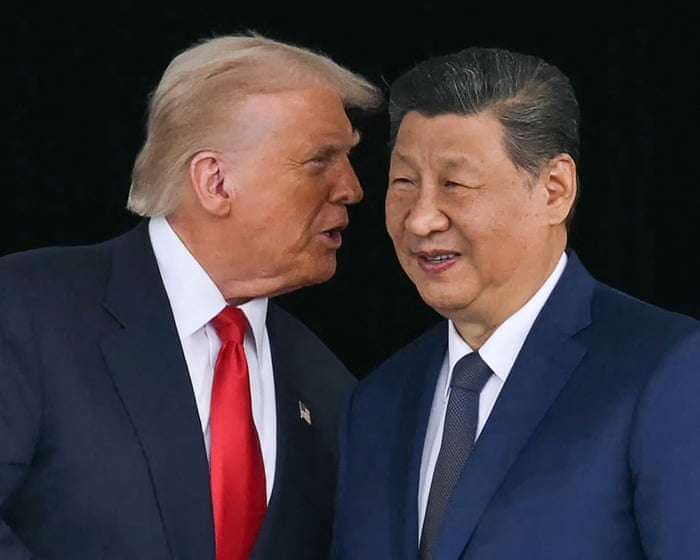The Pentagon will no longer rotate Army combat brigades through Romania as part of a strategy that focuses on Asia and Latin America
NeutralU.S News

The Pentagon has announced a shift in its military strategy, deciding to stop rotating Army combat brigades through Romania. This change reflects a broader focus on Asia and Latin America, indicating a strategic pivot in U.S. military resources and priorities. This move is significant as it highlights the evolving geopolitical landscape and the U.S. response to emerging global challenges.
— Curated by the World Pulse Now AI Editorial System








